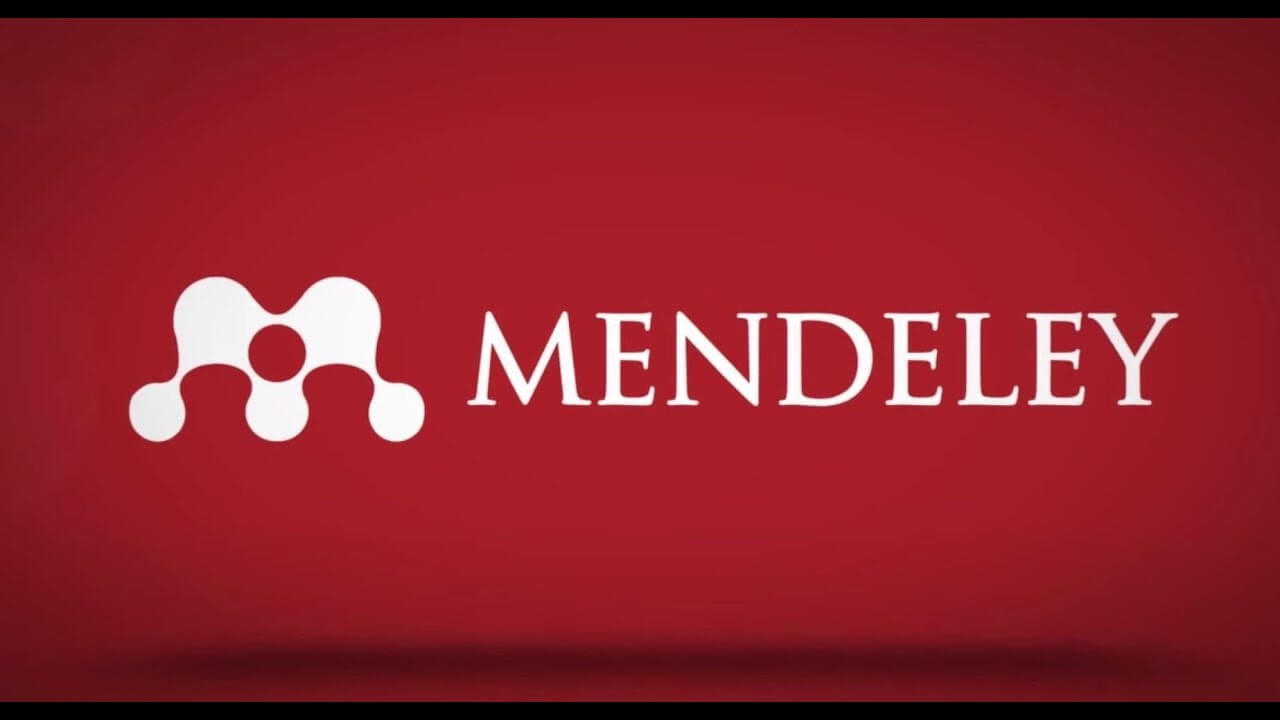INTEGRITY OF ISLAMIC RELIGIOUS EDUCATION TO SCIENCE AND TECHNOLOGY
Abstract
Technological advances in the past three decades have shown their influence on any and all lives of individuals, societies and nations. The focus of the research includes how to deal with the existence of Islamic education in the face of the rapid development of science and technology and how Islamic education (especially its institutions) is required to be able to adapt itself to existing conditions. This research method is library research by collecting data from journals, books and documentation from the web that are relevant to the title of this research. The results of this study that Islamic education seeks to fully develop the individual, so that the person grows and develops according to the expected goals, namely worldly and hereafter goals. There are at least two roles of Islam in the development of science and technology, namely: first, making Islamic aqidah as a scientific paradigm. Second, making Islamic sharia (which was born from Islamic aqidah) as the standard for the use of science and technology in everyday life.
References
Buchori, M. (1995). Trasformasi Pendidikan. Pustaka Sinar Harapan.
Dimas Indianto. (2019). Pendidikan Agama Islam dalam Revolusi Industri 4.0. Prosiding Seminar Nasional Prodi PAI UMP, 8(2), 106–107.
Karim, A. (1414). Al-Gazwu Al-Fikr. Al-Azhar.
Mustakim Zaenal. (2013). Pendidikan Islam , Globalisasi Teknologi Informasi. Tarbiyah, 11(9), 35–50.
Nata, A. (2014). Sosiologi Pendidikan Islam. PT RajaGrafindo Persada.
Rais, A. (1998). Tauhid Sosial. Mizan.
Sudiarja, A. (2006). Agama (di Zaman) yang berubah.
Syaefuddin, A. 1991. (1991). Desekularisasi Pemikiran. Mizan.
Copyright (c) 2021 IJGIE (International Journal of Graduate of Islamic Education)

This work is licensed under a Creative Commons Attribution-ShareAlike 4.0 International License.


















